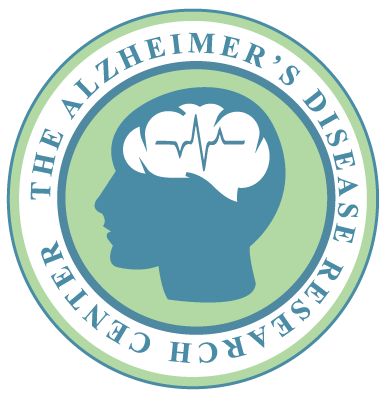Alzheimer’s Clinical Trials
- Medication treatment trials for Alzheimer’s disease and memory disorders: While the vast majority of such treatment trials at Dr. Holub’s site involves the use of oral medication, occasional trials involve medications which are delivered through subcutaneous injection or periodic intravenous infusions. These programs last various intervals of time running anywhere from six months to a year and a half and are sometimes associated with extension programs, which permit the patient to have access to the actual medication for longer periods, sometimes years.
- Some clinical trials involve the development of new imaging procedures for Alzheimer’s disease and other memory disorders, as well as other biomarkers to assist in the identification of patients with this condition.
- A third variety of study would involve the collection of epidemiologic data that can be used to learn more about the factors of environment and heredity, which affect the age of onset, course and severity of Alzheimer’s disease.
- We also offer intermittent clinical trials directed towards the potential treatment of various symptoms related to Alzheimer’s disease or memory disorders , such as: depression, agitation, anxiety, etc. While it is important to pursue treatments, which may eventually lead to a cure, it is clearly important to develop additional therapies which help patients achieve a better state of well-being today.
Medication Treatment Trials for Alzheimer’s Disease and Memory Disorders
Clinical Trials help in the development of potential new medication treatments for Alzheimer’s disease, are necessary to establish safety and efficacy of a potential new medication and treatments. All of the clinical trials conducted at the Alzheimer’s Research and Treatment Center of Albany meet or exceed FDA requirements. At the completion of a clinical trial the information is reviewed and evaluated, a determination is made as to whether or not the medication has sufficient efficacy and sufficient safety to be considered for approval by the FDA (Food and Drug Administration) and hence eventually availability by prescription.
Eventual Goals of Alzheimer’s Disease Research…
In the long run, neurologists and neuroscientists involved in the development of treatments for Alzheimer’s disease and memory disorders hope to identify predictable and accurate biomarkers, which may identify patients destined to have this condition months or years before any symptoms develop. The goal at that point would be to provide the patient with medications and/or treatments, which would prevent the onset and development of Alzheimer’s disease. While no such treatment is currently available, many therapies are currently being studied in research and many medications are in the process of being developed in preclinical stages, which will eventually make their way into clinical trials in our office.
Research into a better understanding of the process of memory disorders and research for the development of improved therapies for Alzheimer’s disease is “exploding”, not only in the United States but worldwide. Everyday new and exciting discoveries are being made and there is strong optimism for the future control and eventual eradication of Alzheimer’s disease and other forms of Dementia.

